akamy-rent.github.io
Concept
This page describes our teams concept work prior to implementation.
System Components and Features
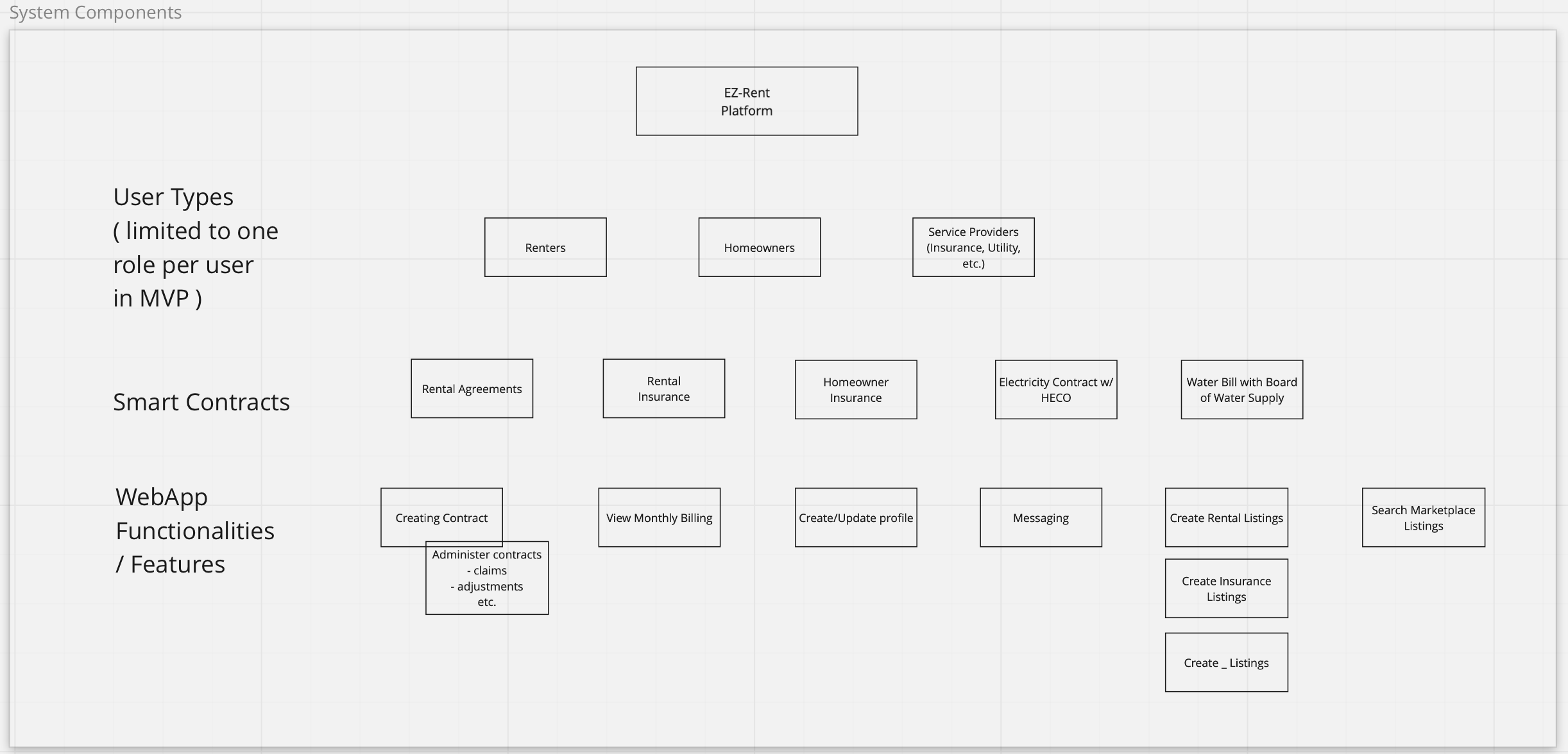
Brainstorming Mockups
Homeowner examples
Landing page

Homeowner homepage
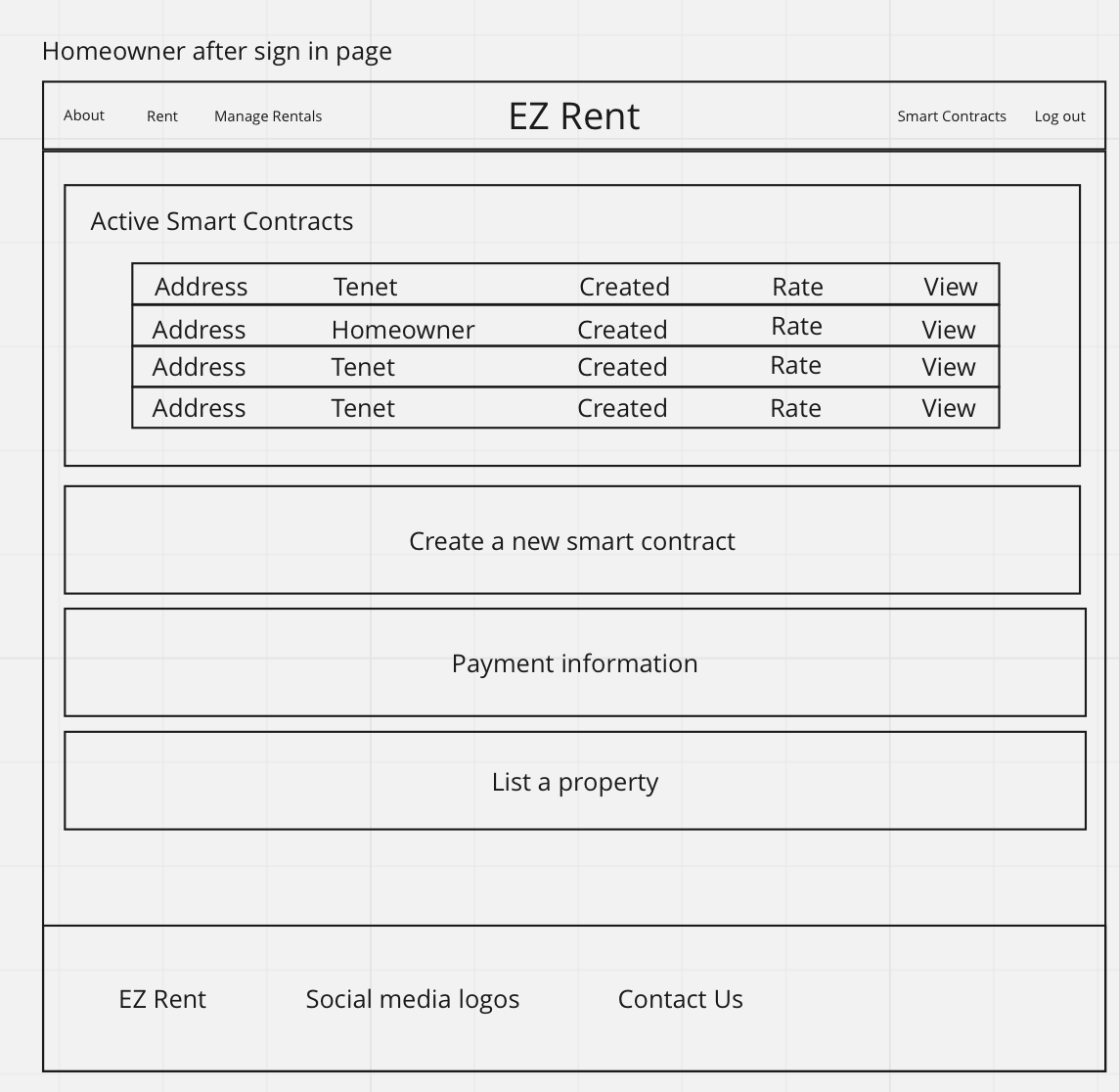
Homeowner Property Overview
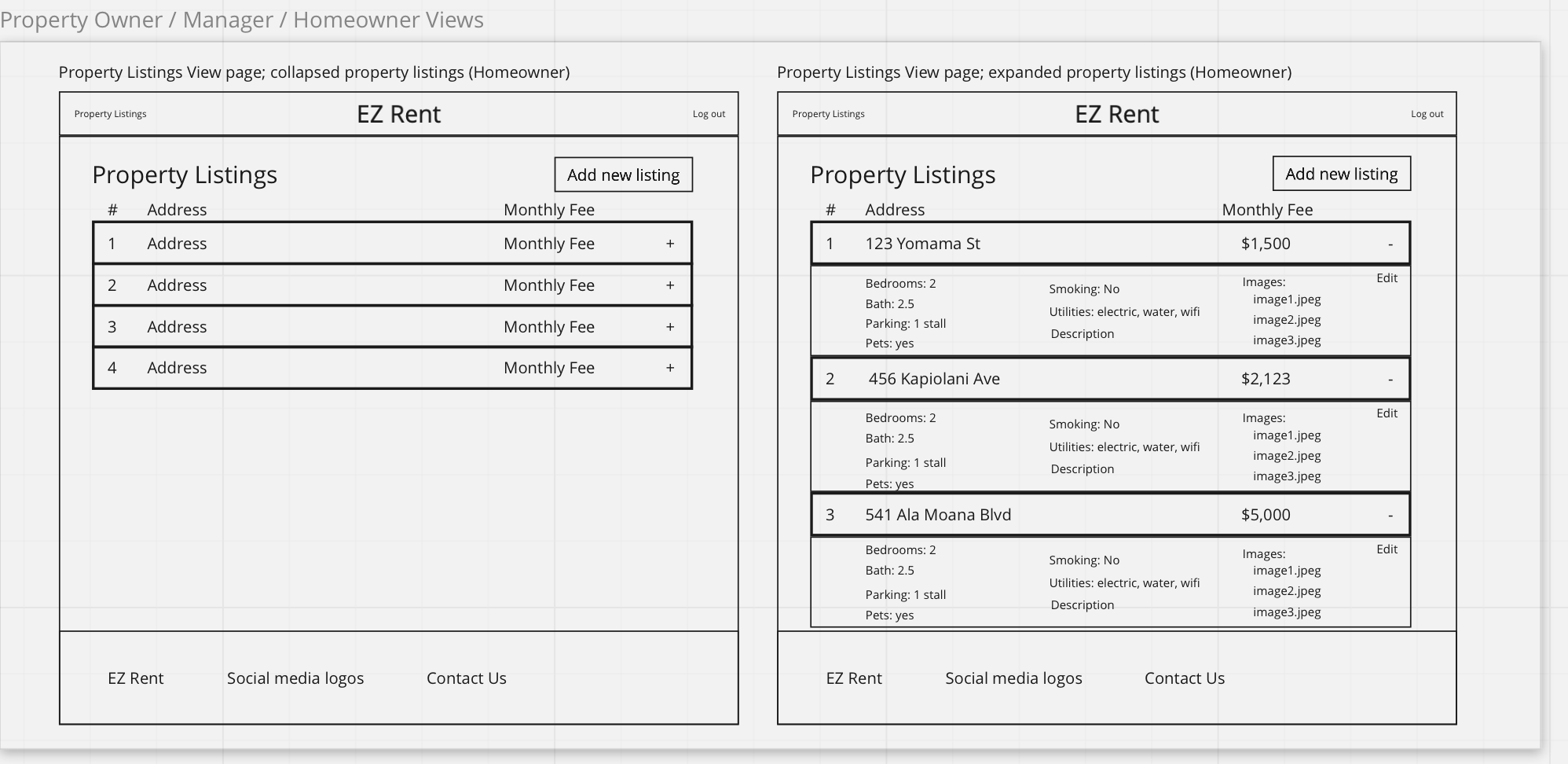
Homeowner Contract editor
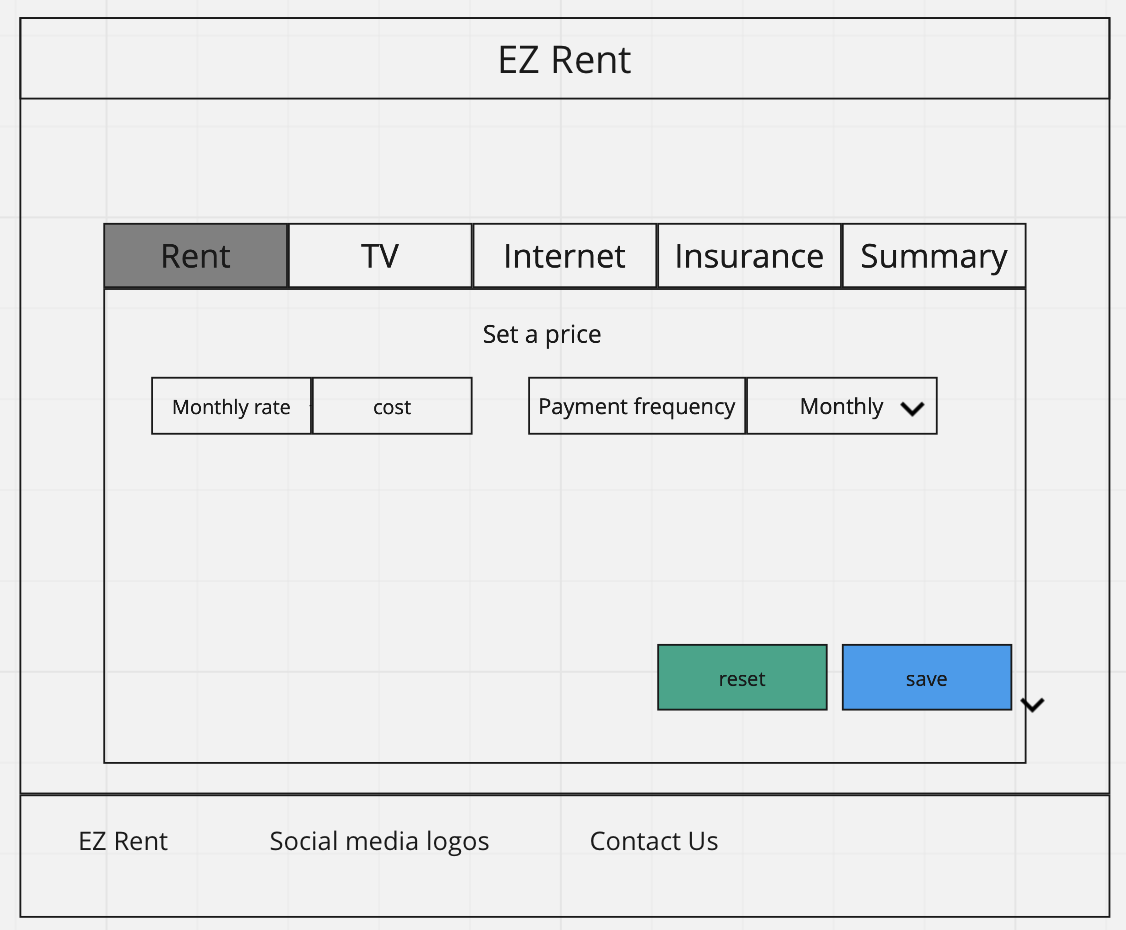
Renter examples
Potential listings
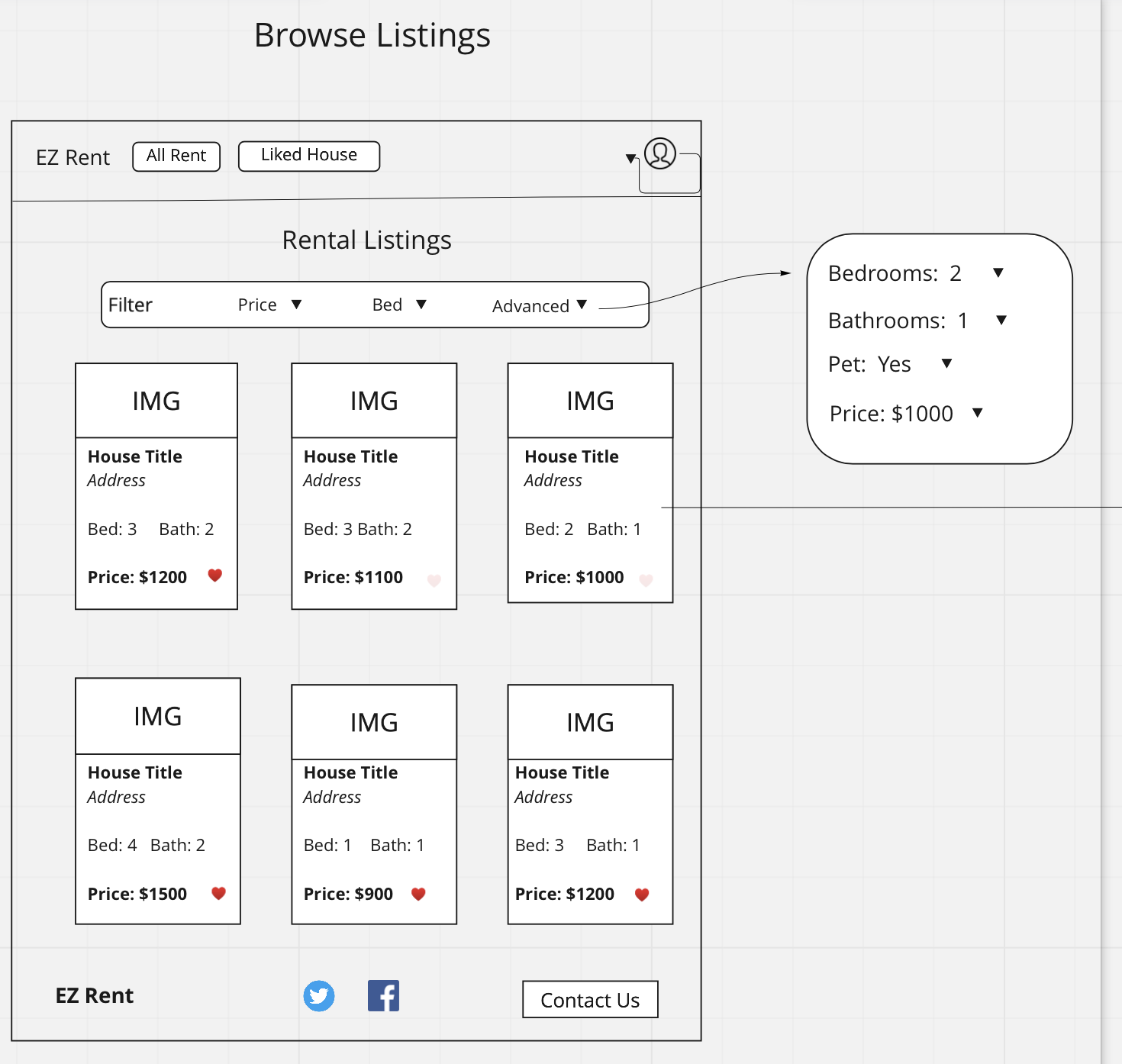
Negotiator component
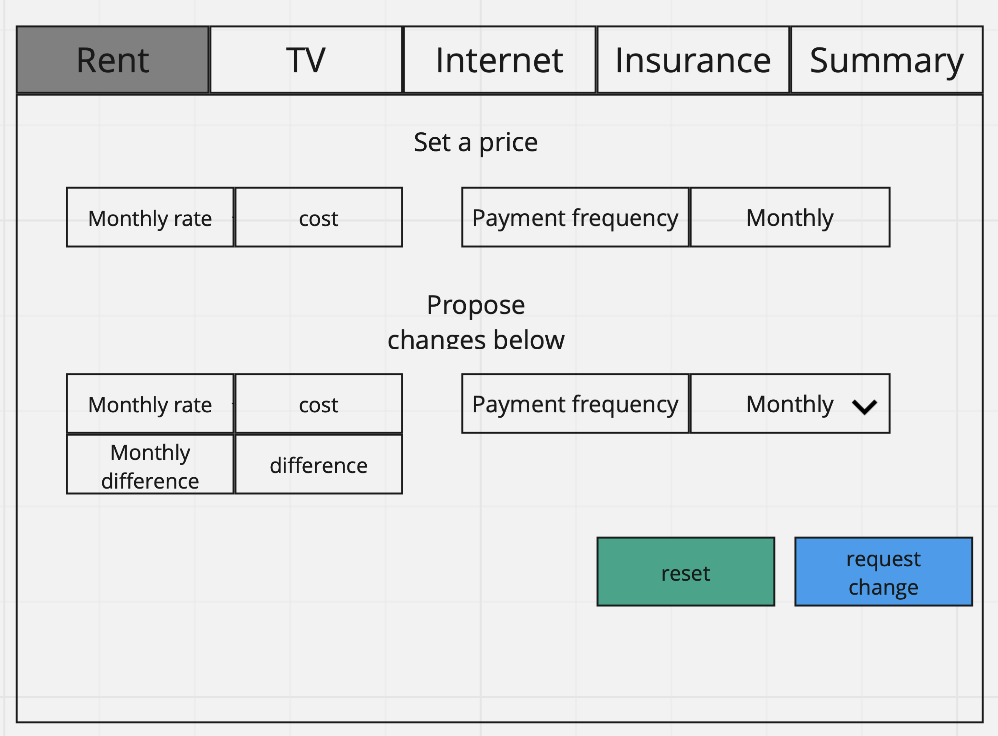
Use Cases
- Smart Contracts
- Participants
- payment period
- payment frequency
- contract time length
- Users login to view
- smart contract status
- smart contract summary
- expenses from rentel per month
- income from rentals per month
- Homeowner smart contract creation
Application Component definition, used as a guide to create application creation
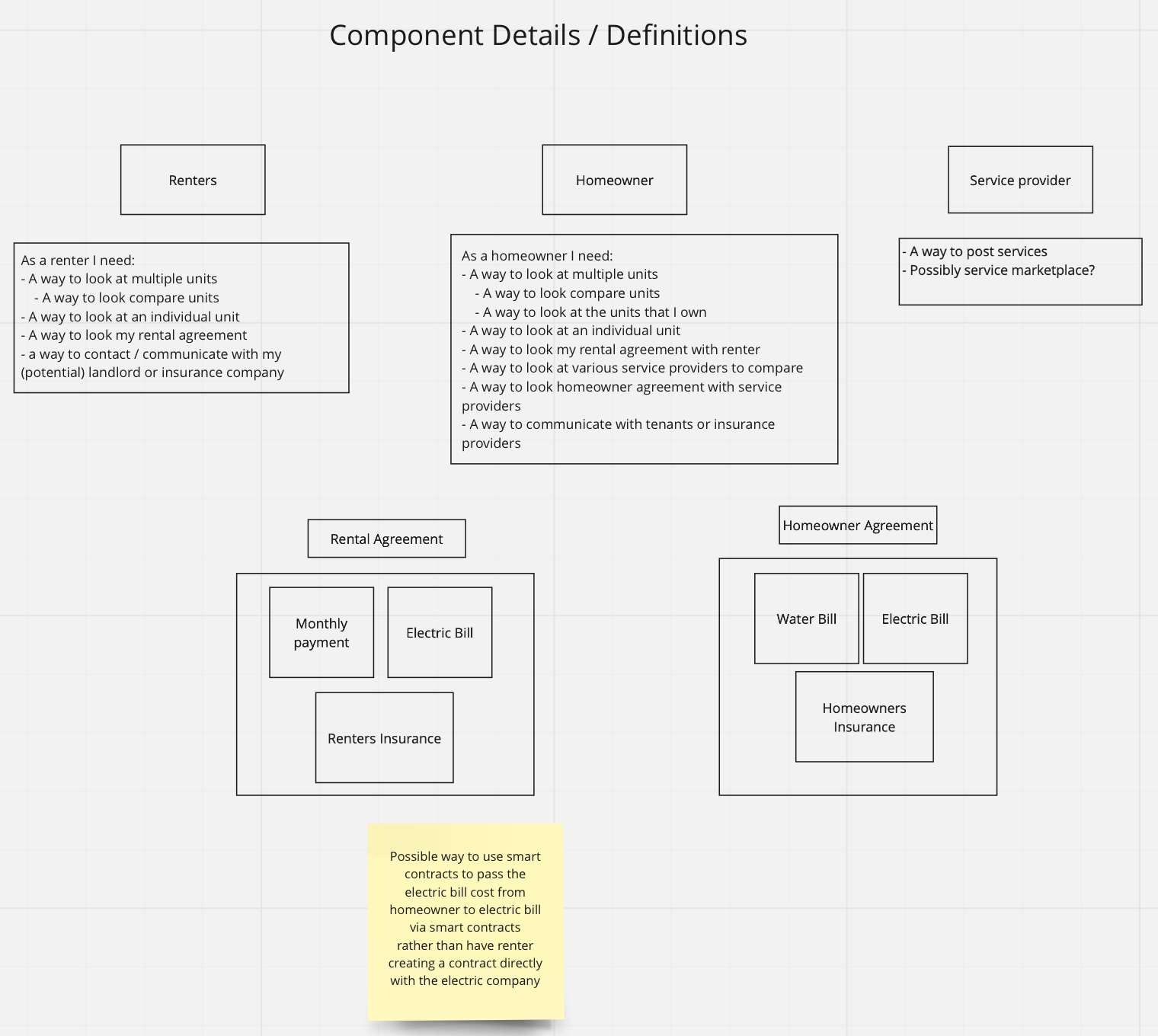
Smart Contract Implementation
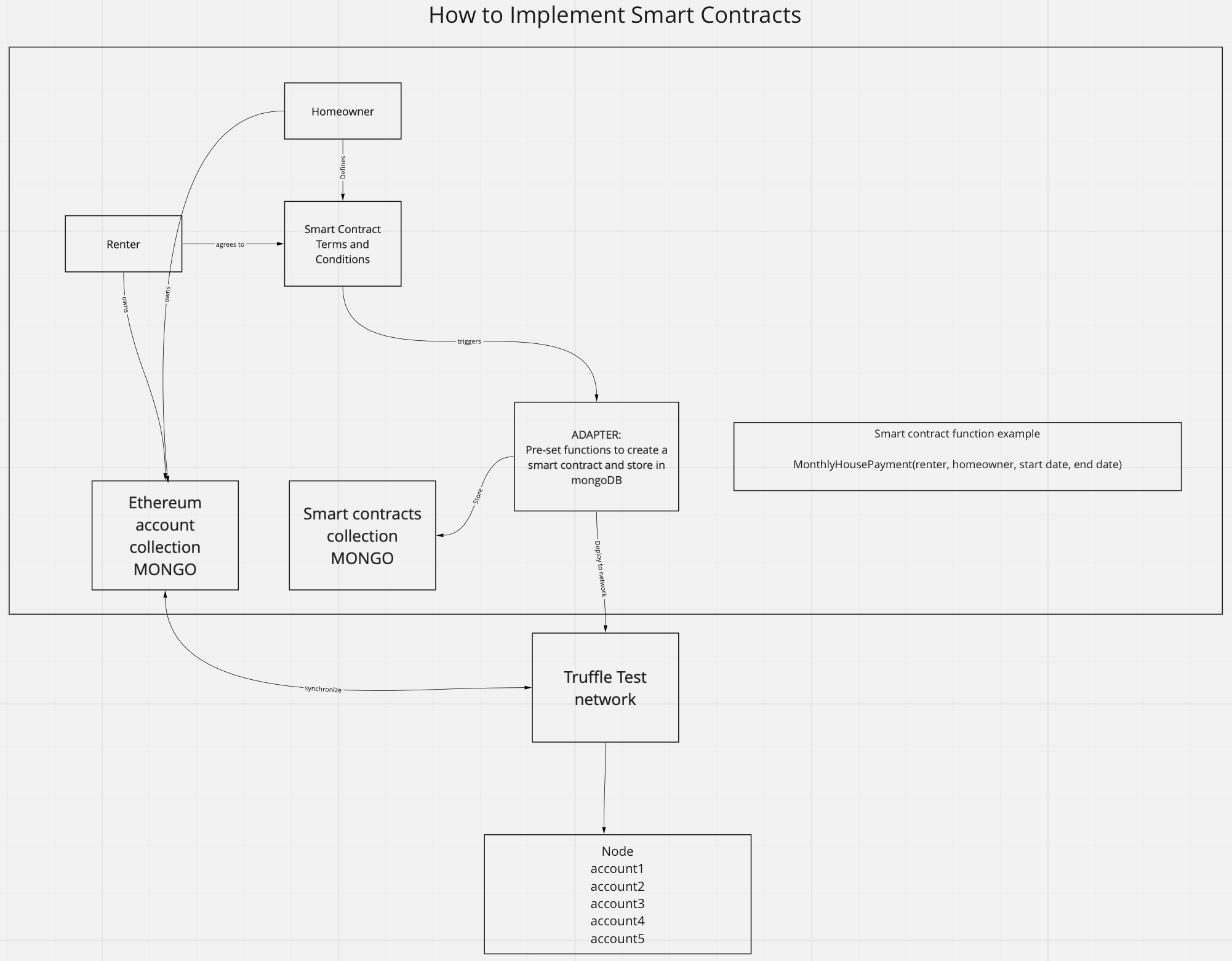
Beyond the Basics
- Smart contracts are immutable programs that can be used by the Ethereum blockchain. They cannot be changed once they are deployed therefore it is a sound commitment by both parties.
- Solidity: Language that smart contracts will be written in
- Solc: Solidity compiler, used to compile smart contracts to return the ABI and Bytecode of a smart contract
- ABI: Application Binary Interface
- An array of function definitions to be used by our application
- Bytecode:
- Bytecode that is read by the Ethereum Virtual Machine, this project does not go further in depth of the EVM
- ABI: Application Binary Interface
- Solc: Solidity compiler, used to compile smart contracts to return the ABI and Bytecode of a smart contract
- Ethersjs
- Javascript library that’s developed to use smart contracts. It’s easy for beginners, and allows for simple contracts to be created and deployed
- Python compiler server
- Meteor is unable to utilize Solc internally, so all smart contracts will be compiled by a python script on a server external to the app
- Ethereum network
- Using the Ganache application by HardHat as a test network
- Simulated the Ethereum blockchain
- Keep track of transactions easily
- Has a GUI for ease of use
- May possibly create an assortment of dummy accounts with metamask and utilize Ethereum test networks that are available.
- Using the Ganache application by HardHat as a test network